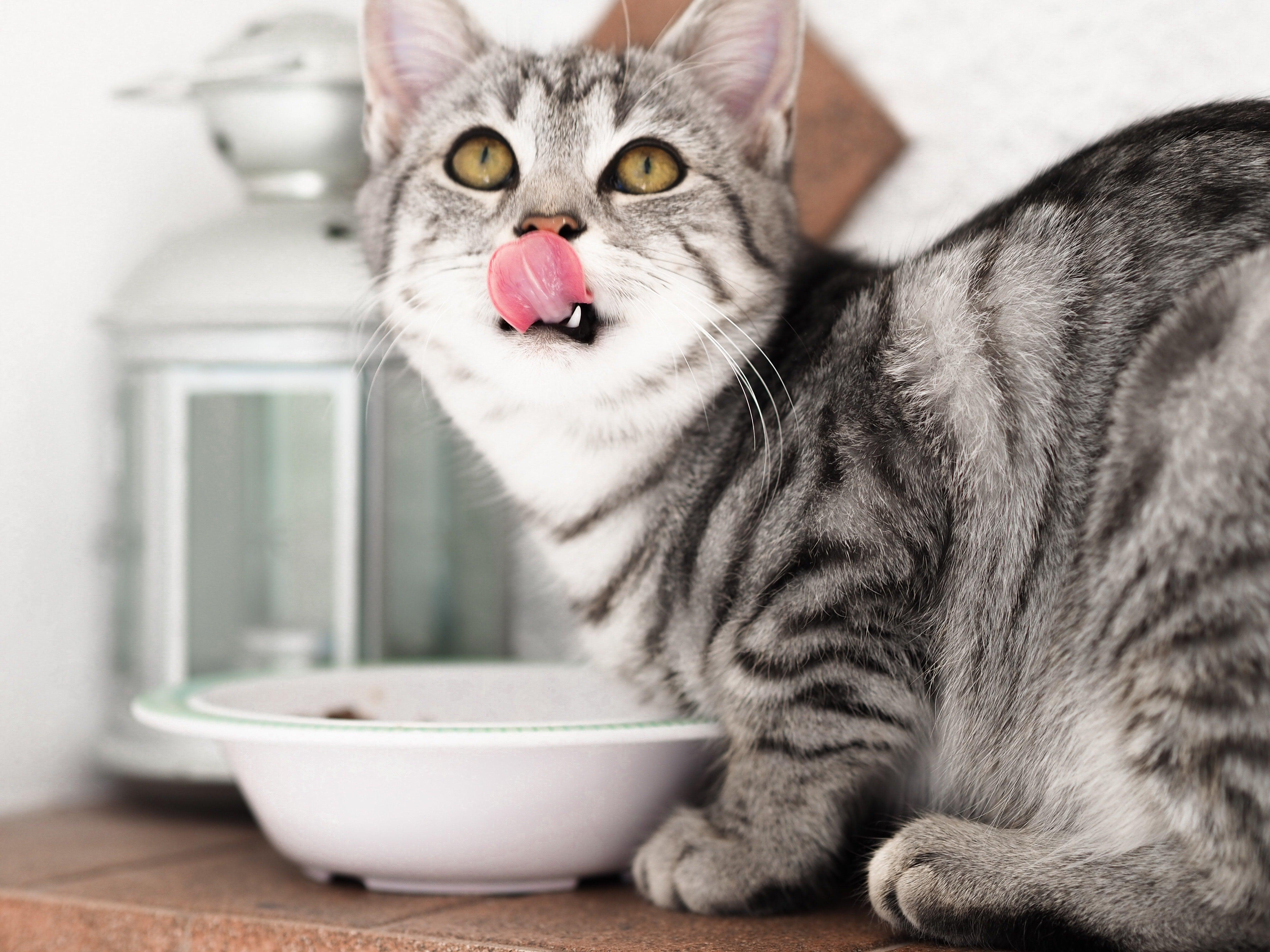I. Introduction
As pet owners, we want the best for our furry companions. One of the most important ways we can ensure their health and wellbeing is by providing them with proper nutrition. In this guide, we'll discuss the nutritional needs of cats and dogs, how to choose the right food, common health problems to watch for, and when to give supplements.
II. Nutritional needs of cats and dogs
A. Understanding the basics of pet nutrition
Just like humans, cats and dogs require a balanced diet to stay healthy. The three main macronutrients that pets need are protein, fat, and carbohydrates. In addition, they require vitamins and minerals for proper bodily function.
B. Recommended daily calorie intake
The number of calories a pet requires varies based on their breed, age, and activity level. As a general rule of thumb, cats require 200-300 calories per day, while dogs require 30-40 calories per pound of body weight.
C. Essential nutrients for pets
Protein is essential for building and repairing muscle tissue, while fat provides energy and helps with nutrient absorption. Carbohydrates provide a source of energy and fiber to aid in digestion. Vitamins and minerals are also essential for overall health and wellbeing.
III. Choosing the right food for your pet
A. Reading and understanding pet food labels
When choosing pet food, it's important to read the label carefully. Look for foods that list meat as the first ingredient, as this ensures a high protein content. Avoid foods that contain fillers, artificial preservatives, and by-products.
B. Wet vs. dry food
Both wet and dry food can provide a balanced diet for pets. Wet food may be a better option for cats who need additional hydration, while dry food may be more convenient for busy pet owners. However, it's important to note that dry food may not provide enough moisture for cats, so it's important to ensure they have access to plenty of water.
IV. Common health problems in cats and dogs
A. Identifying signs of illness
It's important to know the signs of illness in pets so that you can seek veterinary care as soon as possible. Signs of illness may include lethargy, loss of appetite, vomiting, diarrhea, coughing, or sneezing.
B. Common health problems and their causes
Some common health problems in pets include dental disease, obesity, and urinary tract infections. These conditions can be caused by a variety of factors, including poor nutrition, lack of exercise, and genetics.
C. Preventative measures and treatments
To prevent health problems in pets, it's important to provide them with a balanced diet and regular exercise. Regular veterinary check-ups can also help identify health problems early. Treatments may include medications, dietary changes, and lifestyle modifications.
V. Supplements for pets
A. Types of supplements for pets
There are many types of supplements available for pets, including vitamins, minerals, probiotics, and joint supplements. These supplements can be beneficial for pets with specific health conditions or for those who may not be getting enough of certain nutrients in their diet.
B. Benefits and risks of supplements
Supplements can provide a variety of benefits for pets, including improved joint health, immune function, and digestion. However, it's important to be cautious when giving supplements, as some may interact with medications or cause adverse side effects. It is always advised to consult with your vet before supplementing your pets diet.
C. When to give your pet supplements
If you're considering giving your pet supplements, it's important to consult with a veterinarian to determine the right dosage and to ensure that the supplements are safe and appropriate for your pet's individual needs.
VI. Conclusion
Proper nutrition is essential for maintaining the health and wellbeing of our furry friends. By understanding the nutritional needs of cats and dogs, choosing the right food, identifying common health problems, and considering supplements, we can ensure that our pets stay happy and healthy. Remember to always consult with a veterinarian to determine the best course of action for your pet's individual needs.






Share:
10 Tips for New Kitten Owners: A Comprehensive Guide
Guide To Dog Behaviour Training: 12 Tips